SUMMARY
This is AI generated summarization, which may have errors. For context, always refer to the full article.
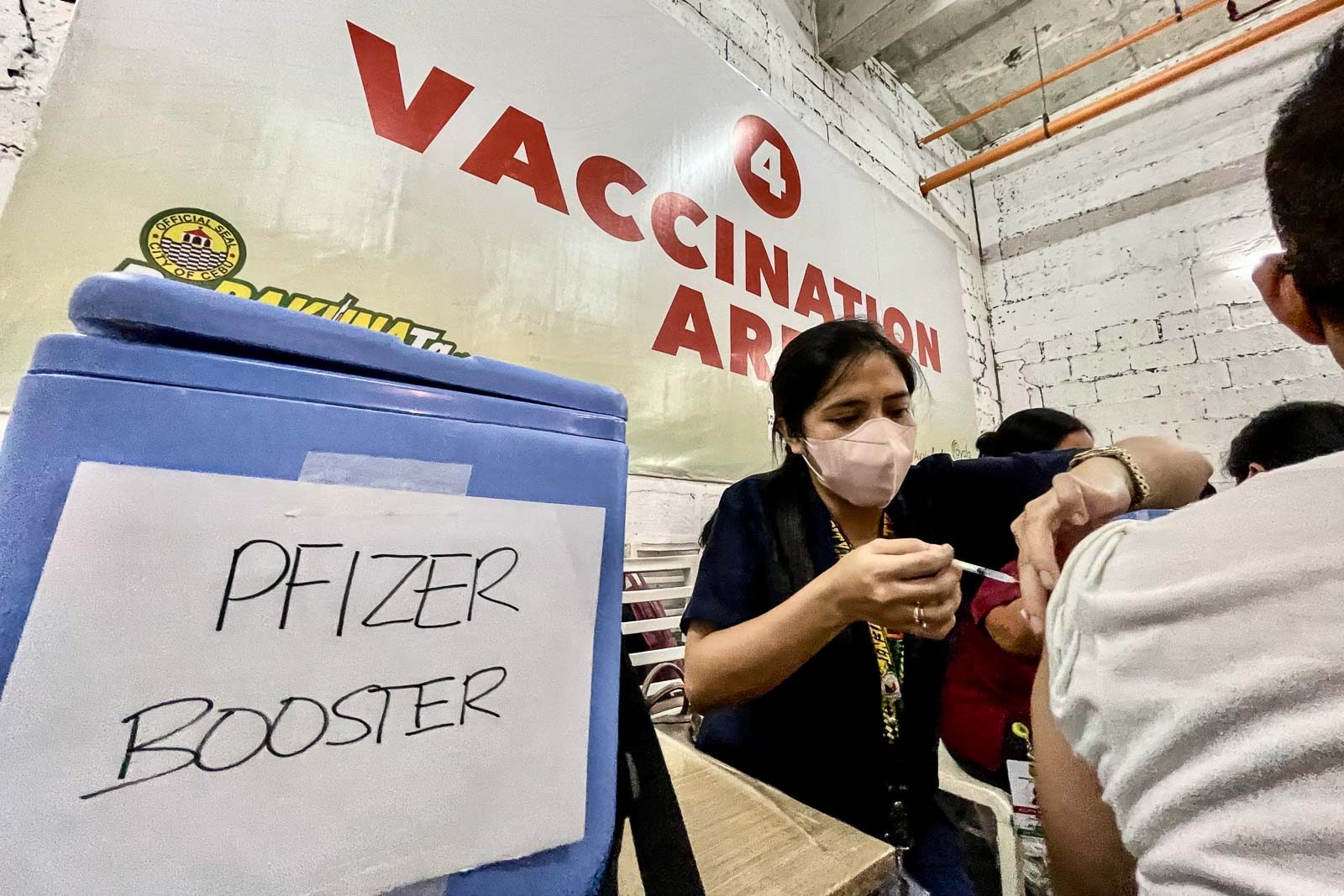
MANILA, Philippines – In his first week as the chief executive of the country, President Ferdinand Marcos Jr. said that wearing of masks would be optional if the rollout of COVID-19 booster becomes “successful” and if the pandemic situation in the country is “good.”
Marcos, who has yet to name his secretary of health, made this remark on Saturday, July 9, as he encouraged local government units to ramp up their vaccination targeting eligible students so they could safely return to school for in-person classes. (READ: Distance learning in the Philippines: A year of hits and misses)
While the Philippines’ vaccination coverage reached 91% of the target eligible population, booster uptake remained low at 21% of those fully vaccinated.
Before ramping up vaccination and booster uptake, the government must first address why there is a slow acceptance of booster shots in the country.
Vaccine complacency
In a text message to Rappler on Monday, July 11, infectious disease specialist Dr. Rontgene Solante said that there was “vaccine complacency” among the public because relatively cases were going down in the past months, after the first Omicron surge in January.
Solante said that people also tend to not fear COVID-19 due to the fact that Omicron variant is known to not cause severe infection.
“People believed that despite current increase in cases, getting the primary vaccine series is enough for them not to get the severe infection. And most of their experiences among they’ve known who got the infection and vaccinated, remained to have mild symptoms,” Solante added.
The same view was shared by Dr. John Wong of Epimetrics. He said that there was a high demand for vaccination late 2021 during the Delta wave. “The demand was driven by fear. The perception that they were susceptible and the disease was severe,” he said.
“Since mid-February 2022, when the first Omicron surge ended, demand has fallen because of the reverse perception. People’s fears of the vaccine’s side effects are now greater than their fear of the virus,” Wong said.
Epimetrics is a public health research institution that helps the government make sense of the pandemic.
Loss of ‘appetite’ for 3rd dose
But the issue on slow assimilation of boosters is not unique to the Philippines. In the United States, health officials and experts already raised the alarm of stalling booster vaccination as early as February.
Johns Hopkins Bloomberg School of Public Health Professor Andy Pekosz in a CNN International article said that it seemed that most Americans considered boosters as “optional” or “something extra.”
“It seems like people consider it something extra or something optional, as opposed to, it really is almost critical when it comes to Omicron infections,” he said.
Canadians also share the same experience as authorities mulled for a fourth shot of the vaccine. A local health news publication in Ontario, quoting a Canadian health official, said that the word booster is a “double-edged sword” and “mislead people to think it’s not necessary.”
“We’re basically in a situation where people either don’t have the appetite for third doses anymore,” said another Canadian health official Peter Juni.
In the Philippines, Solante urged the government to make booster shots “mandatory” to increase protection among population. He explained that making it mandatory in such a way that the “third dose or booster dose is part of an updated vaccination status due to the mutations which affected effectiveness of vaccines.” (READ: EXPLAINER: Can PH government make COVID-19 vaccine mandatory?)
“So I think it’s high time that we need to mandate the booster vaccination to the general population. Kailangang mandatory na siguro para lang ma-increase natin ang (This needs to be mandatory so we could increase) protection, especially now we are preparing for the face to face classes in November and the workplaces are also open now,” Solante said at a televised press briefing on Monday.
Pandemic and vaccine fatigue
Solante said that low booster uptake could also be attributed to pandemic and vaccine fatigue.
“It’s Filipino nature that we lack that discipline to follow recommendations especially about vaccinations, like with pneumococcal and flu vaccine, we have a very low uptake for years,” he said.
The move to endorse an additional shot for most adults had first been met with skepticism in early 2021, until more data emerged showing its need for certain high-risk populations. As Omircron offshoots are once again triggering surge in infections, boosters have gained urgency to prevent impact on the healthcare system and to keep infections at manageable level.
“With the arrival of BA.4 and BA.5 and the waning immunity, surge is inevitable. That’s why we are here now. We are still low risk at the moment but we need to ramp up boosting so we can have face-to-face classes and speed up economic recovery,” former national task force adviser and health reform advocate Tony Leachon told Rappler.

But how can the Philippines encourage more Filipinos to get their booster shots? Experts said it’s through proper and effective information drive. – Rappler.com
Add a comment
How does this make you feel?

![[Rappler’s Best] US does propaganda? Of course.](https://www.rappler.com/tachyon/2024/06/US-does-propaganda-Of-course-june-17-2024.jpg?resize=257%2C257&crop=236px%2C0px%2C720px%2C720px)

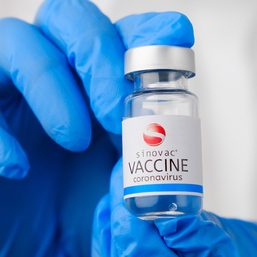
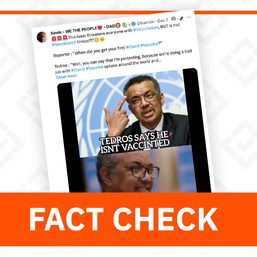
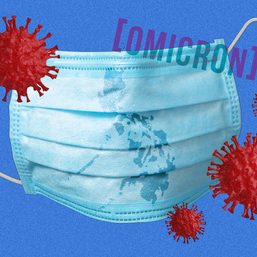
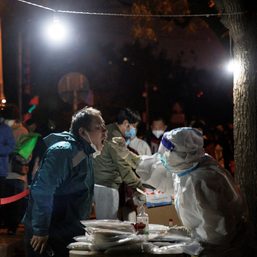
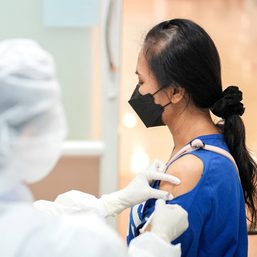
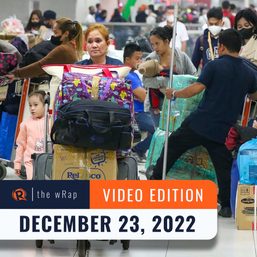
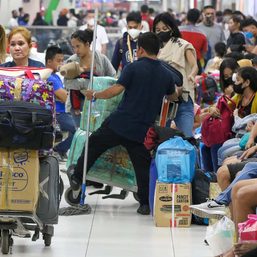
There are no comments yet. Add your comment to start the conversation.